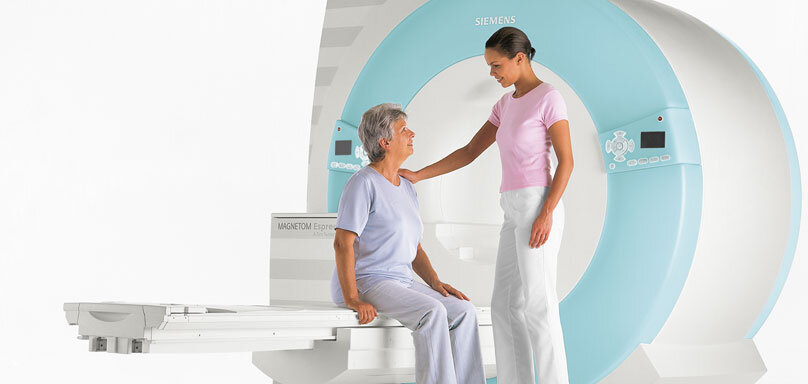
Heart Calcium Scan
Heart disease, if detected early, can potentially be reversed before any serious heart damage has occurred. Our ultrafast scan is a highly effective screening method to detect atherosclerosis long before the first symptoms. In fact, this advanced technology can find the early warning signs of heart disease that traditional treadmill tests and cholesterol screening may miss.
A heart scan uses computed tomography (CT), which creates multiple images of calcium containing plaque deposits in the blood vessels.
Plaque is made up of fats, cholesterol, calcium and other substances in the blood. It develops gradually over time, long before there are any signs or symptoms of disease. These deposits can restrict the flow of oxygen-rich blood to the muscles of the heart. Plaque also may burst, triggering a blood clot that can cause a heart attack.
A heart scan may help guide treatment if you have a low to moderate risk of heart disease or if your heart disease risk isn't clear.
A heart scan also may help motivate people to make important lifestyle changes and follow treatment plans.
In fact, the coronary calcium score Heart Scan has been recently shown to be one of the best predictors of a heart attack.

Low dose CT scanning
CT scanning is performed with the lowest possible dose to detect the calcium in the heart.


